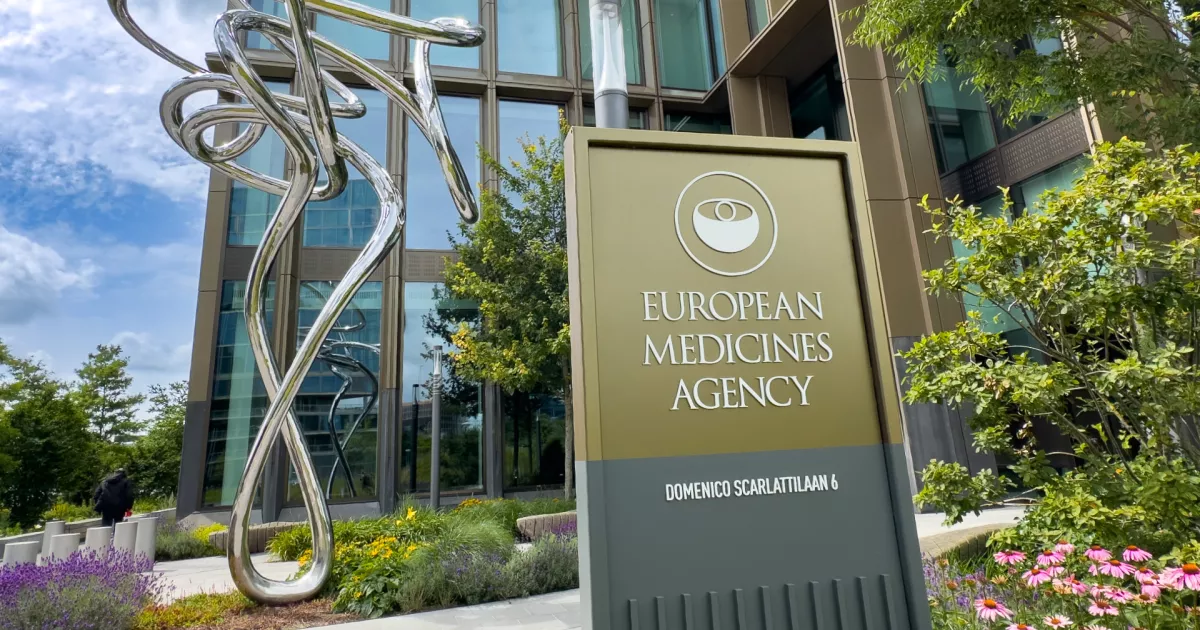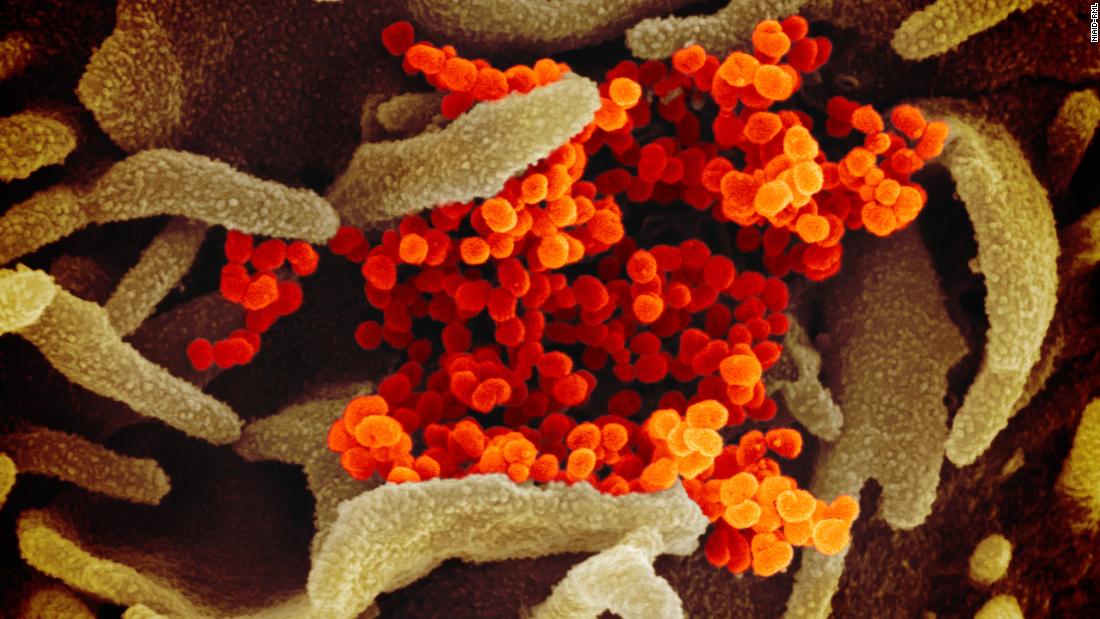When people are fully vaccinated (a week or two after the second dose), but most others aren’t yet, their lives probably shouldn’t change very much, experts say. It will most likely be safer for them to do things like visit the grocery store or the post office. But vaccinated people should still wear masks and avoid large groups and indoor gatherings.
That’s important for both their health and the health of others, experts said. Scientists are waiting to learn if vaccinated people can spread the virus to others. (Early data on transmission seems promising, but vaccines are very unlikely to curb contagiousness entirely.) Also, while early evidence suggests that the first vaccines in the U.S. reduce people’s risk of developing COVID-19 by around 95%, that still means a small fraction could get sick — and as long as the virus is as widespread as it is now, even that small share could be a big number.
“Five percent of a really high number is still a high number, and what you want is 5% of a relatively medium or low number,” said Dr. Ashish Jha, a physician and the dean of the School of Public Health at Brown.“ In an informal survey of 700 epidemiologists by The New York Times, less than a third said they would change their behavior after they were vaccinated; half said they would wait until at least 70% of the population was vaccinated.




